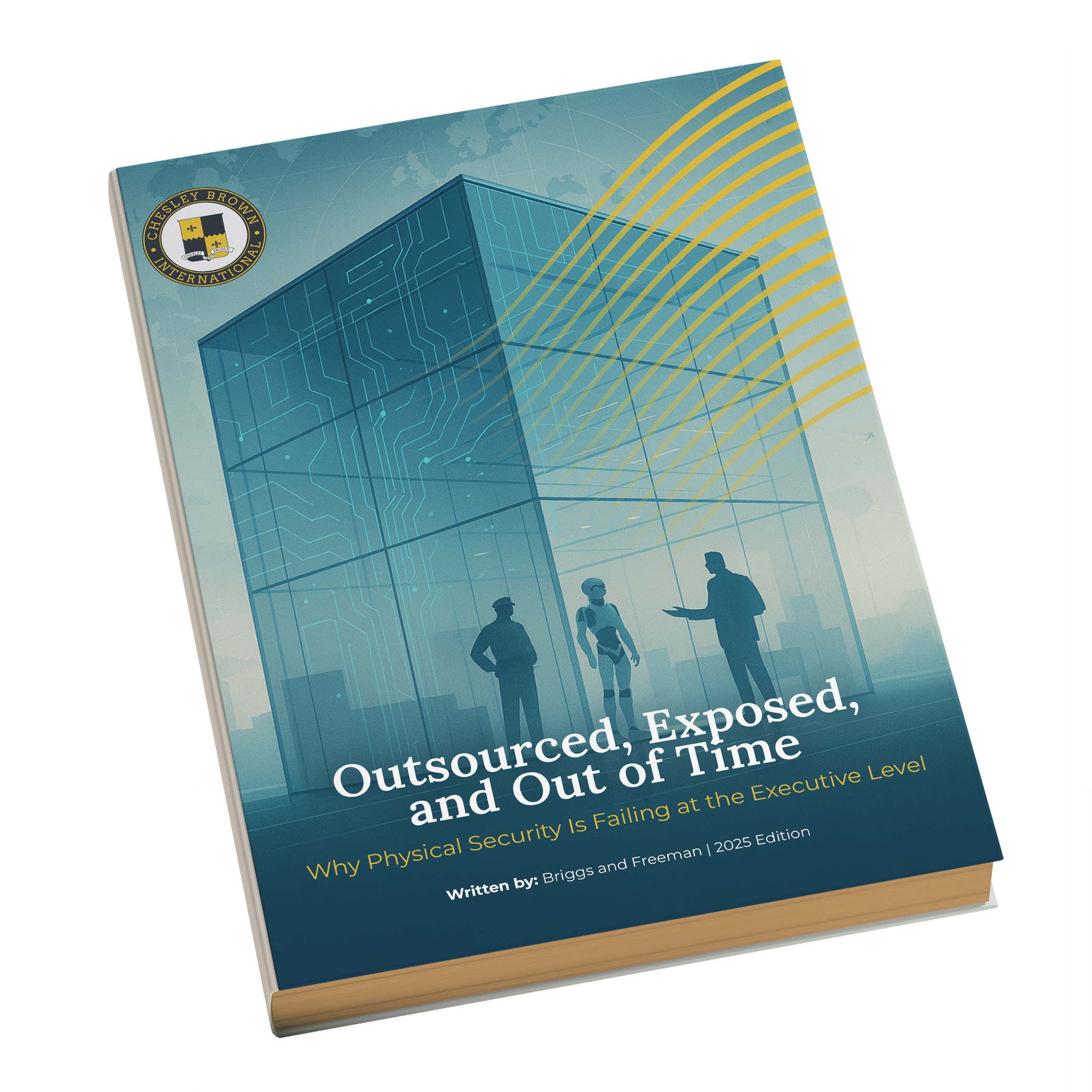5 Tips for Conducting Better Risk Assessments for a Pandemic

In earlier sections, we discussed the need for a risk-based approach and outlined 6 New Business Risks to consider when preparing your business for coronavirus. The Covid-19 pandemic and recession will affect every business, but to what extent will vary based on industry, geography, company size and a myriad of other factors. By creating a pandemic response plan, businesses can reduce the negative impacts of this virus and future outbreaks and manage your risk exposure during this pandemic.
Coronavirus Business Preparation Examples
The initiatives your business puts together in response to the coronavirus outbreak will be, likely, wide ranging, depending on your unique business needs. For example, these steps might include activities like shifting budgeting from fixed spending to variable spending to provide flexibility in times of uncertainty. Additional pandemic response measures should include investments to enable working from home, guidelines for provisioning of personal protective equipment, and changes to workforce regulations. Shifting advertising spending towards digital channels and ecommerce sales can help lessen the financial impact of stay at home orders, or a loss of in-person traffic; but be sure to test these systems and workflows for high volume traffic.
Organizations may also supplement their product offering and business model by introducing new products and services better aligned with shifting economic forecasts.
Next Steps
Below are some the most important steps a business can take when planning their pandemic risk management strategy.
5 Pandemic Response Strategies You Can’t Afford to Ignore
Tip 1: Conduct Regular Threat Assessments
A readiness evaluation is a terrific place to start when businesses don’t understand what their business continuity program should comprise. Industry and role readiness templates and pandemic-specific templates let an employer test their business continuity program versus best practice to help identify any gaps that may exist. These readiness templates compress requirements and high-quality practices into actionable pieces so that companies can measure progress and compliance.
Tip 2: Update Risk Assessment Plan
All groups should conduct a risk assessment on their core business procedures to uncover and prioritize any new risks or gaps in their current controls. You should update these assessments to include new risks like pandemics, recession and geopolitical conditions. When conducting risk assessments for coronavirus stakeholders should be presented with the known risks and work together to determine how each of these eventualities will affect their areas of responsibility.
Tip 3: Conduct a Business Impact Analysis (BIA)
An organization should not handle all threats the same. A business impact analysis enables companies to anticipate which parts of the enterprise are essential to its operations. Use the outcomes of the BIA to determine which elements of the business to prioritize in a Continuity Plan.
Tip 4: Policy Management
As the pandemic evolves and new data becomes available, be sure to revisit, update and communicate new guidelines and processes throughout the organization. For example, revising a work from home policy might only be useful if the infrastructure and processes for dissemination, governance and adoption already exist.
Tip 5: Integrate Incident Management
Incident management is, often by design, an incredibly siloed activity embedded inside another process. In times of economic turmoil, a unified company-wide approach is necessary as an input to assess the effectiveness of mitigation and coverage activities and to help manage expectations.
In Summary
If you took a survey of business owners, even 6 months ago, it would be clear that pandemic response planning was not a priority. Prior to 2020 no one had ever done risk assessments for coronavirus. Businesses must be vigilant to not only current threats but future and emerging trends. Many business owners struggle to fully grasp the myriad risks they face. That’s why we’ve built a framework that teaches businesses how to anticipate and navigate risk before it becomes a crisis.
Sign up!
For industry-leading guides and analysis sign up for our blog below.
Latest News
Building a Crisis Communication Strategy: Effective Communication During Emergencies
Written by: James Hart During a crisis, good communication can save lives. That’s especially true for larger office buildings. Some properties hold thousands of people during a typical workday. If there’s a fire, an active…
Effective De-escalation Techniques: Conflict Resolution Strategies
Written by: James Hart If your job requires you to talk to other human beings, then you could probably benefit from de-escalation training. De-escalation is a conflict resolution strategy where security officers or other front-line…
How Premium Security Services Set Trophy Properties Apart
Written by: James Hart It’s one of the most frustrating, longest-lasting effects of the pandemic: The market for office space continues to struggle as companies keep using hybrid or fully work-from-home schedules. In the second…
Crisis Management at Festivals: Strategies for Event Organizers
Written by: James Hart Nothing beats spending the day at an outdoor festival. Who doesn’t love being part of a large, happy crowd enjoying delicious food, exciting music or beautiful art? Unless, of course, a…







